This committee is responsible for promoting engagement of Latin Americans at NAOC2020.
Cecilia Kopuchian | Co-chair
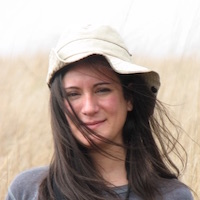
Argentinean National Research Council (CONICET) (Argentina)
Cecilia is a researcher with the Argentinean National Research Council (CONICET), working at the Center of Applied Ecology (CECOAL) in Corrientes (North-East Argentina). Her research interests include understanding the processes that shape population and species divergence in Neotropical birds, both to answer basic questions in evolutionary biology and to design effective conservation and management strategies. Her current research focuses on the role of the Paraná-Paraguay Rivers system as a geographic barrier for birds, and in conservation genetics of endangered species of grassland Neotropical birds. She received a PhD in Biology from the University of Buenos Aires in 2008.
Alex Jahn | Co-chair
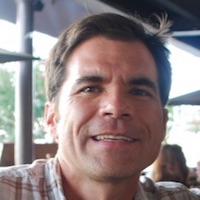
Research Fellow, Indiana University (U.S.A.)
Alex’s research integrates behavioral, physiological, and evolutionary ecology to study individual- and population-level processes occurring throughout the annual cycle of migratory birds. His research addresses such questions as how migratory strategies (e.g. timing and speed of migration) are molded by other life history strategies (e.g. investment in reproduction). Very little is known about where and why birds migrate at tropical and south-temperate latitudes, yet research on such species offers novel insights into basic questions about how and why birds migrate in different environmental contexts. His current research focuses on the movement ecology of Turdus thrushes at temperate and tropical latitudes. He received his PhD from the University of Florida in 2009.
Leonardo Campagna
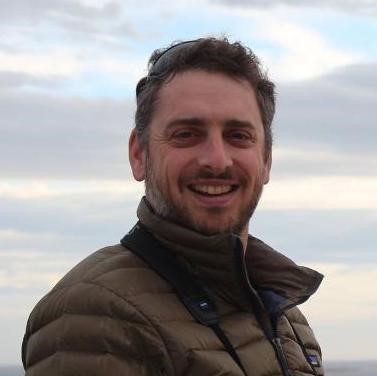
Research Associate, Cornell Lab of Ornithology and Department of Ecology and Evolutionary Biology, Cornell University (U.S.A.)
Leonardo uses genomic tools, like obtaining the DNA sequences from entire
genomes of many species, to study the evolution of avian systems, generally in the early stages of speciation. He uses this and similar strategies to understand the evolutionary processes that generate differences among species. He is particularly interested in exploring how changes in genomic DNA sequences lead to differences in the general appearance (e.g., morphology or coloration) and behavior of the incredible diversity of birds. One example is finding the genes that are responsible for the different coloration patterns among male capuchino seedeaters (genus Sporophila). A part of his work also focuses on studying the patterns of genetic differentiation among individuals and populations across landscapes, with the objective to uncover the geological and demographic processes that contribute to genetic differentiation.
Antonio Celis-Murillo
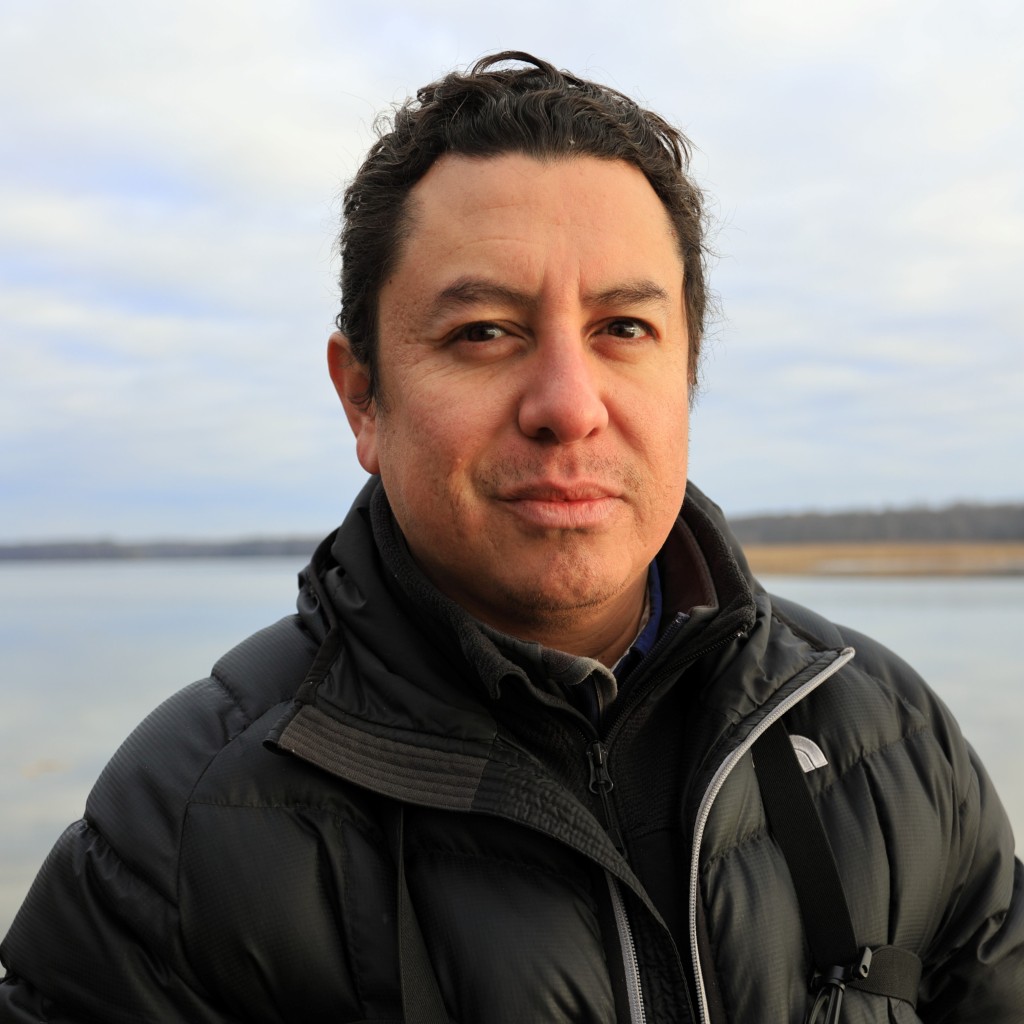
Avian Biologist, Bird Banding Laboratory (BBL), USGS Patuxent Wildlife Research Center (U.S.A.)
Antonio works with the BBL team to strengthen the data management system for bird banding and band encounters data sets, support research projects that use banding data, and coordinate efforts in North America and the Western Hemisphere. Antonio also works with specific banding data sets to examine bird population patterns, including bird migration and movements. Antonio is also an affiliated researcher at the Illinois Natural History Survey at the University of Illinois Urbana-Champaign and a National Geographic Society’s explorer studying various aspects of avian ecology and behavior with the overarching goal of improving conservation efforts. Antonio received his PhD from the University of Illinois in 2015.
Natalia C. García
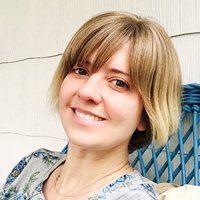
Imogene P. Johnson Postdoctoral Teaching Fellow, Cornell Lab of Ornithology (U.S.A.)
Natalia is broadly interested in the evolution of acoustic and visual communication in birds, with a particular focus on the effect of morphological constraints in the evolution of acoustic signals and the evolutionary drivers of sexual dichromatism. She did her PhD and a postdoc at the Argentine Museum of Natural History in Buenos Aires, where she studied song and plumage color evolution in the ‘blue clade’, a group of buntings and grosbeaks of the Cardinalidae family. At Cornell, she is looking for differentiated areas of the genome between pairs of sister species of Empidonax flycatchers, which are almost identical phenotypically yet can be identified by their diagnostic innate songs. Working in a museum has had a deep impact on her life. Natalia is fascinated by the many interesting questions that can be answered doing collection-based research, but she also really enjoys going to the field, so she tries to integrate both approaches to study different aspects of birds’ behavior, evolution and systematics. She obtained her PhD in 2016 from the University of Buenos Aires, in Argentina.
Adrián S. Di Giacomo
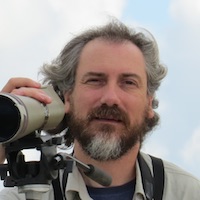
Research fellow, National Scientific Research Council (CONICET) (Argentina)
Head of the Conservation Biology Lab, Center of Applied Ecology (CECOAL) (Argentina)
Adrián obtained his PhD in Biology from the University of Buenos Aires, Argentina. His research interest includes the biology and conservation of threatened birds of the grassland biome, and other topics on Neotropical ornithology. His current research focuses on the responses of the reproduction and productivity of threatened grassland birds to habitat management (e.g. livestock and protected areas) and climate change.
Juan Pablo Gómez
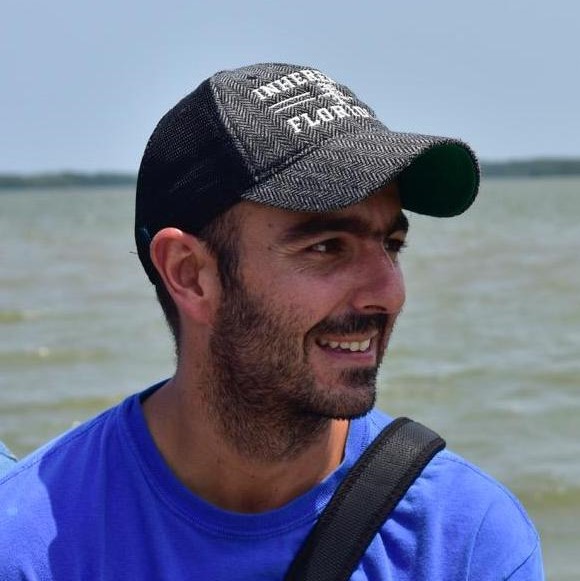
Assistant Professor, Universidad del Norte (Colombia)
Juan Pablo is interested in understanding the ecological and evolutionary mechanisms that shape extant diversity in the Neotropics. His current research focuses on understanding how different biotic and abiotic mechanisms determine bird community composition along environmental gradients. He is also interested in understanding how environmental gradients might promote morphological divergence among bird populations distributed in contrasting environments even when there is no restriction to gene flow. He received his PhD from the Biology Department at University of Florida in 2016.
Valentina Gómez-Bahamón
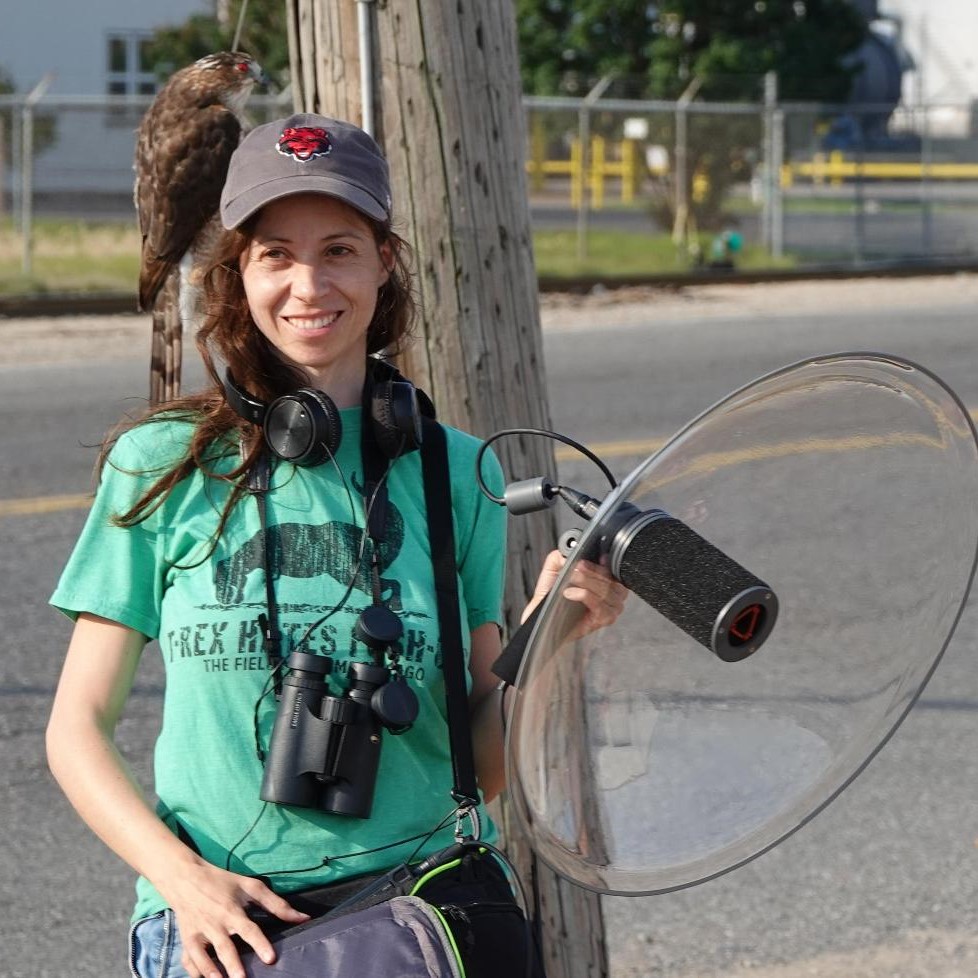
Researcher, SELVA: Investigación para la Conservación en el Neotrópico (Colombia)
PhD Candidate, Biological Sciences, University of Illinois at Chicago (U.S.A.)
Scientific Affiliate, The Field Museum of Natural History, Chicago (U.S.A.)
Valentina is broadly interested in understanding how behavior influences diversification under different geographic contexts, and morphological evolution at different taxonomic scales. For her dissertation she is studying the association between migratory behavior and speciation in Tyrant Flycatchers (Tyrannidae). Her research is based on comparative natural history observations that lead to questions addressed by integrating biomechanics, comparative phylogenetics, mathematics and populations genetics. Valentina obtained a Master’s degree from the Universidad de los Andes (Colombia) in 2014, where she began her studies on diversification processes associated to migratory behavior. Valentina is also interested in
integrating knowledge about evolutionary processes to understand and mitigate current biodiversity loss.
Miguel Matta
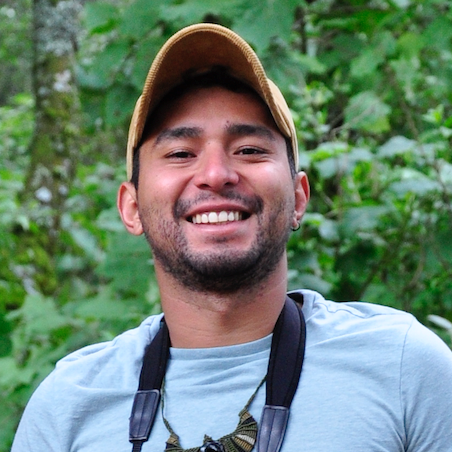
World Migratory Bird Day (WMBD) Latin America Coordinator, Environment the Americas (Venezuela)
Miguel’s interest in ornithology started when he was fifteen and led him to graduate with a Biology degree from Universidad Central de Venezuela, where he studied the migratory birds of Portachuelo Pass. Miguel became the WMBD coordinator in an effort to connect communities in Latin America with educational outreach. In addition to WMBD, Miguel tracks migratory birds and promotes bird conservation across the Western Hemisphere. Miguel has been associated with Venezuela’s Phelps Ornithological Collection for many years, and coordinates the Scientific Committee of Bird marking and Tracking of the Venezuelan Union of Ornithologists. He is also passionate about studying bird nests architecture and developed the Bird Nest Collection of Venezuela and the current state of knowledge of nest literature of his country.
Carla Suertegaray Fontana
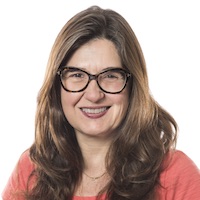
Curator of Birds and Mammals, Pontifical Catholic University of Rio Grande do Sul (PUCRS) (Brazil)
Carla is a Brazilian Biologist with PhD in Zoology (2004) at Pontifical Catholic University of Rio Grande do Sul (PUCRS). She is supervisor of students in the graduate program of Ecology and Evolution at PUCRS. She is the president, and founder member, of the Brazilian Ornithological Society. She is also a member of Association of Field Ornithologists (AFO), Wilson Ornithological Society (WOS) and American Ornithological Society (AOS). Carla has been studying birds and informing people for more than 30 years in southern Brazil and is especially interested in life history, ecology and conservation of Atlantic forest and southern South American grassland birds, and the effects of anthropization on bird communities and populations. She also has an interest and experience in natural history collections.
